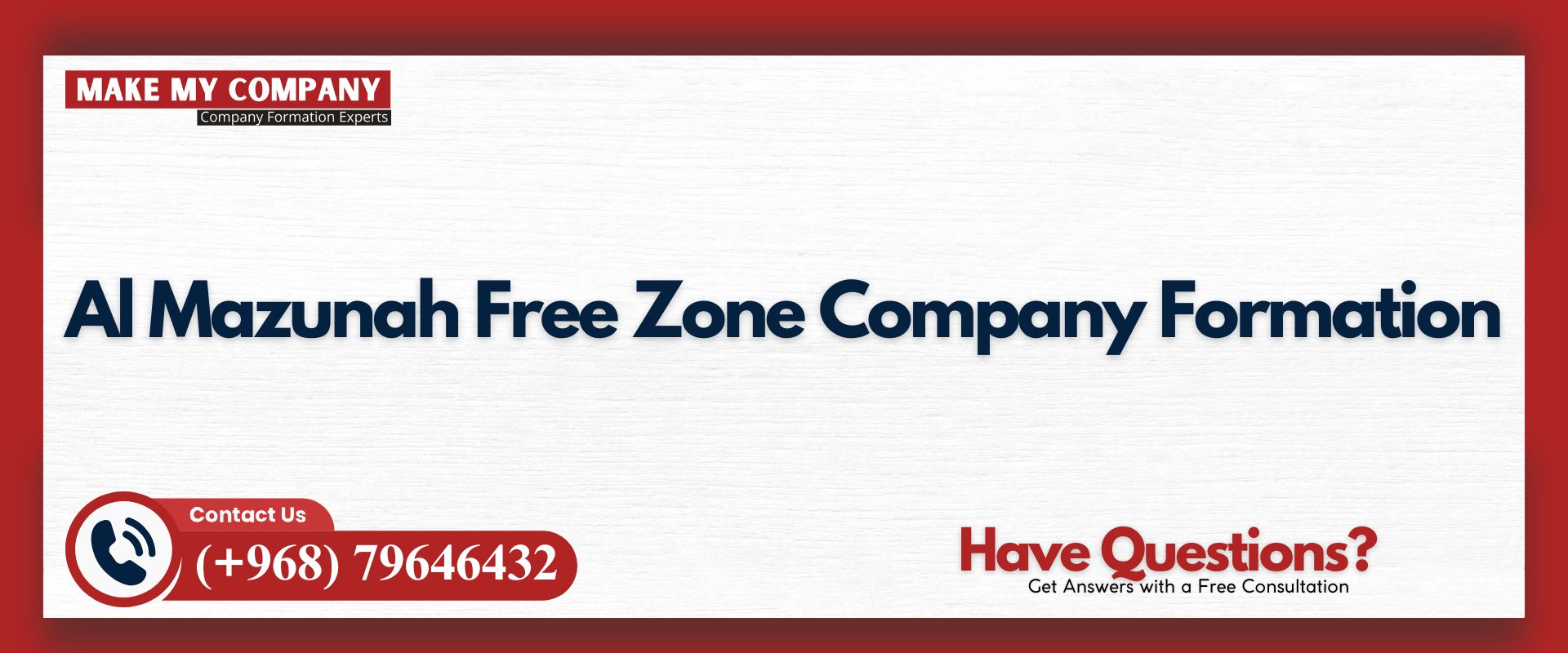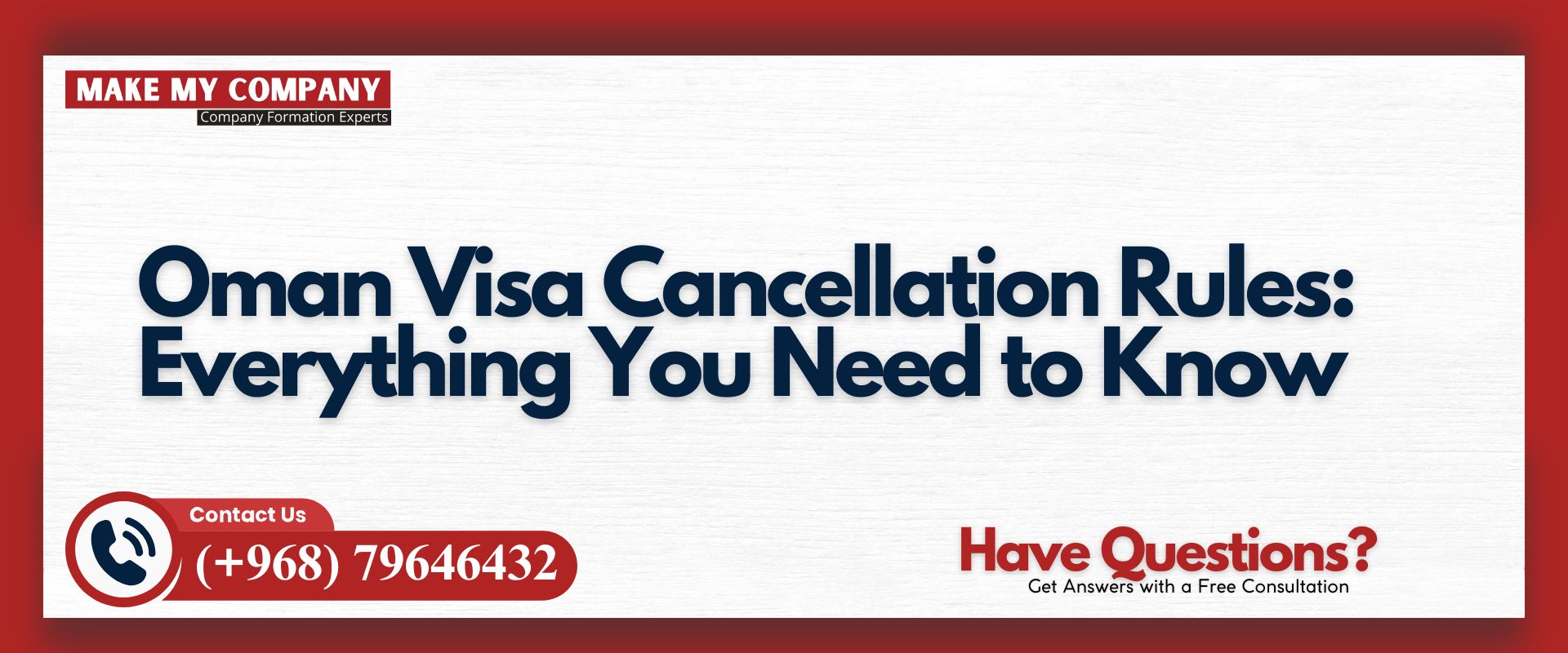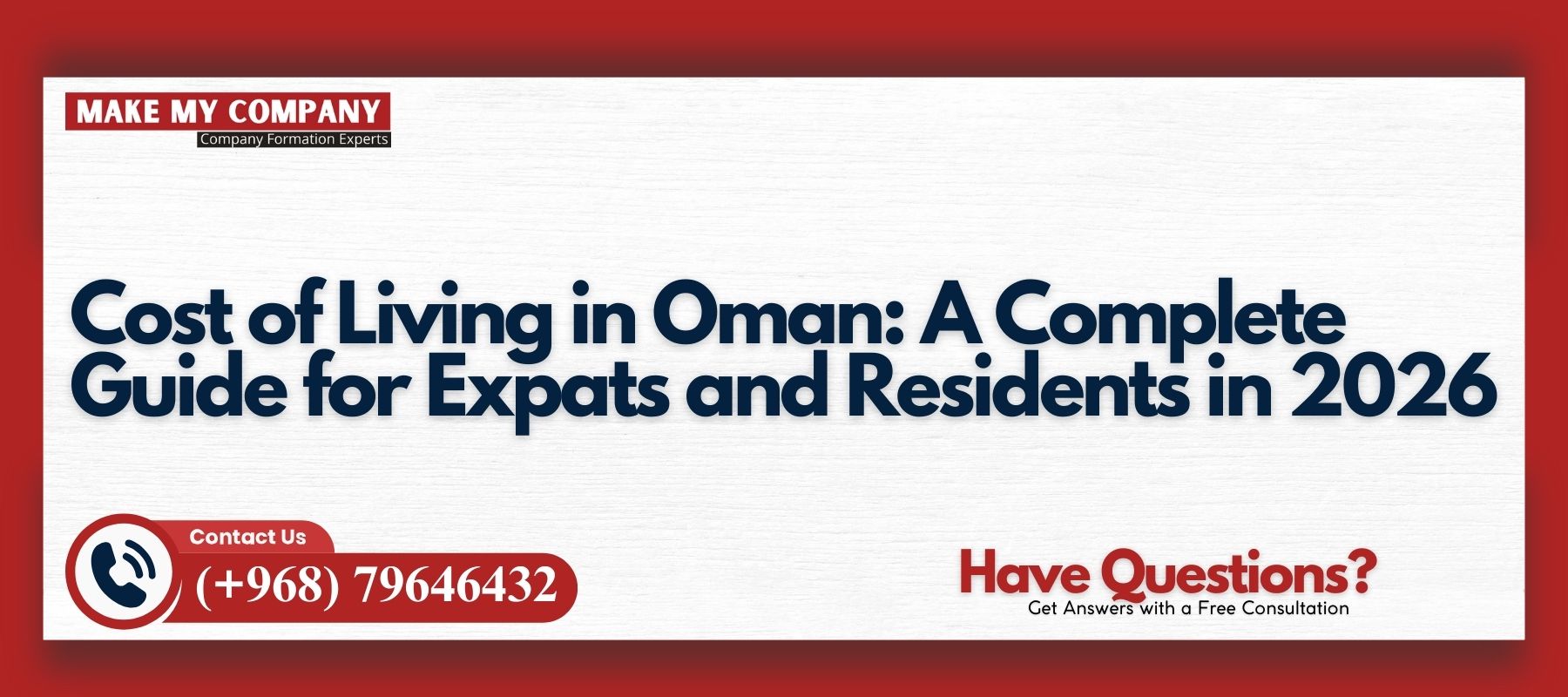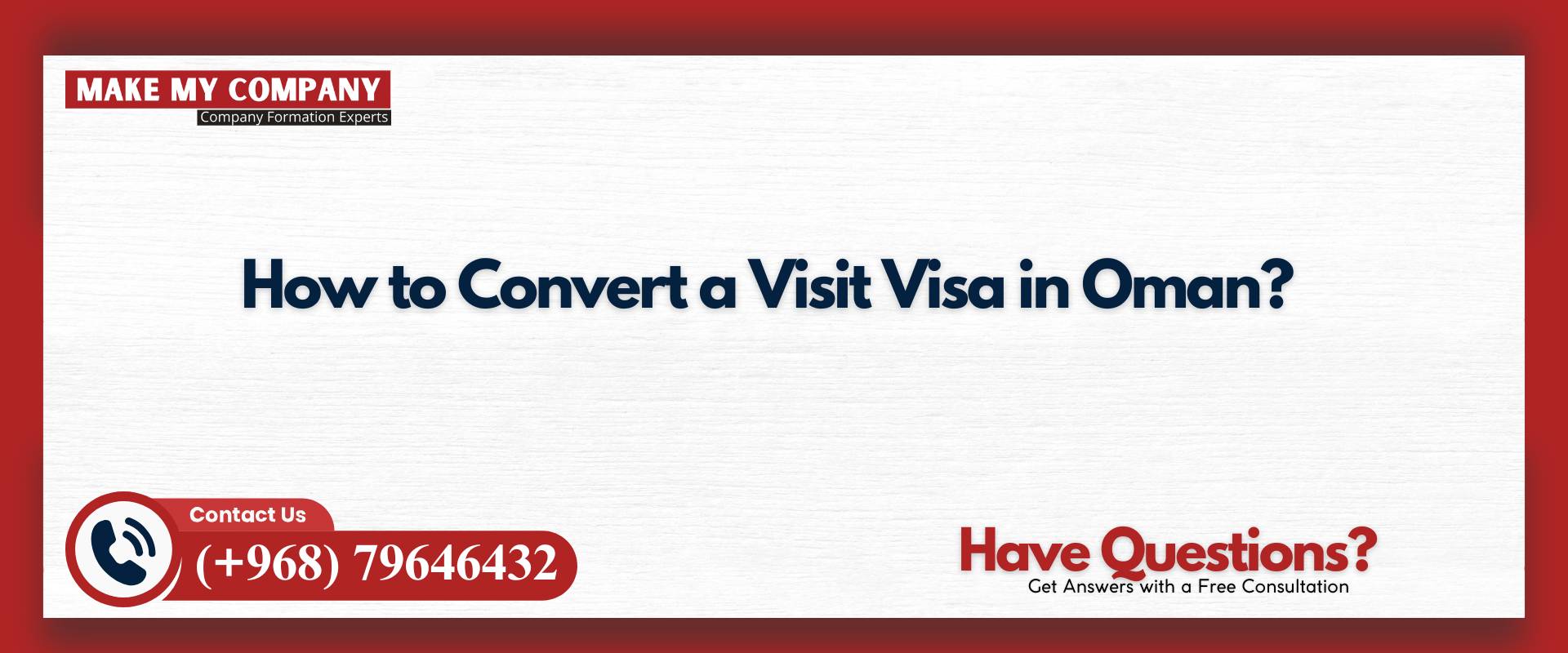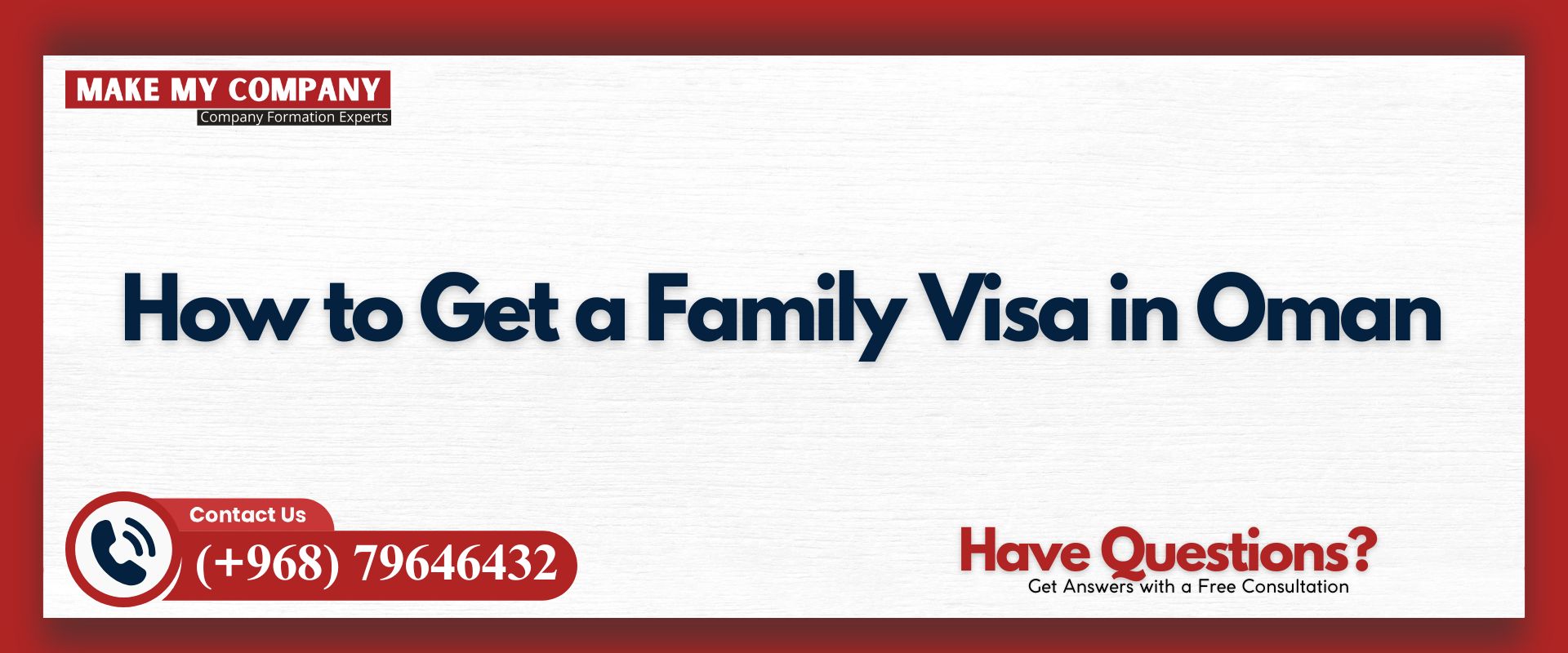Al Mazunah Free Zone is a border zone located in the Sultanate of Oman, designed to support trade, manufacturing, and logistics between Oman and Yemen. Its location and flexible regulations make it an ideal spot for setting up a free zone company. With minimum setup cost, industrial infrastructure, and easy license procedures, it’s fast becoming a top choice for regional investors and SMEs looking to expand in the GCC region.
Why Choose Al Mazunah Free Zone for Company Formation
Al Mazunah offers a unique combination of features: proximity to two countries, low costs, and modern facilities. It appeals to international traders, manufacturers, and logistics providers seeking a strategic foothold in the region. You also benefit from 100% foreign ownership, duty‑free trade, and a streamlined process for company formation.
Strategic Border Location
Al Mazunah Free Zone lies on the Oman–Yemen border, allowing seamless cross‑border trade. Its special position gives businesses direct access to Yemen markets and transit routes to Africa and Asia. It supports import/export firms, logistics hubs, and distribution centers.
Low Cost of Business Setup
Compared to other zones, Al Mazunah requires lower capital investment, affordable licensing, and competitive lease rates. This makes free zone company formation accessible for startups, SMEs, and regional traders.
Types of Licenses in Al Mazunah Free Zone
Every business needs the right license type. Al Mazunah offers licenses tailored to trade, industrial, services, and logistics businesses. You can select based on your activity to ensure compliance and operational scope.
Trading License
Ideal for companies involved in import/export, general trading, and border commerce. It covers goods exchange with Yemen and beyond.
Industrial License
Issued for companies offering manufacturing, assembly, light production, or packaging services. Ideal for businesses using Al Mazunah’s industrial plots.
Service License
For providers of consultancy, IT, marketing, engineering, or freight services within the zone. Enables service-based companies to operate and serve local and regional clients.
Logistics License
Designed for warehousing, freight forwarding, and distribution firms. It grants access to modern facilities near the border and customs support.
Legal Structures Available in Al Mazunah Free Zone
Selecting the right legal entity shapes your ownership, liability, and operations. Al Mazunah supports several structures for businesses large and small.
Free Zone Company (FZC)
Allows up to five shareholders, ideal for partnerships or joint ventures wanting limited liability and operational flexibility.
Free Zone Establishment (FZE)
A single‑shareholder company. Great for sole investors or corporate entities seeking full control with limited liability.
Branch of a Foreign Company
Allows an existing foreign business to set up a branch office with the same name, activities, and operational structure under Al Mazunah’s regulation.
Process of Al Mazunah Free Zone Company Formation
Forming a company here involves clear, step‑by‑step processes. With prepared documents and guidance, most setups can be completed swiftly and with minimal hurdles.
Step 1: Choose Business Activity and License
Select your activity—trade, industrial, logistics, or service—and match it to the correct license type.
Step 2: Choose Legal Structure
Decide if you’ll register as an FZC, FZE, or branch, depending on ownership and business plan.
Step 3: Reserve Company Name
Submit three proposed names, all compliant with Oman’s naming regulations, for approval by the zone authority.
Step 4: Submit Documents and Application
Provide passport copies, shareholder information, lease agreement or industrial plot plan, and application forms. A business plan may be required.
Step 5: Lease Office or Industrial Space
Choose from office units, co‑working desks, or industrial plots, depending on your business type and needs.
Step 6: Pay Fees & Receive License
Once payments are made, you receive your trade license, certificate of incorporation, and lease paperwork. Operations may begin immediately.
Al Mazunah Free Zone Company Setup Cost
The fee structure is affordable and transparent. The total cost depends on license, ownership type, plot rent, and visa requirements. Setup options are scalable to match budget.
License and Registration Fees
Licence fees range from moderate amounts depending on type—trading license, industrial license, or logistics license. Registration charges are kept low to support small businesses.
Lease or Plot Rental Costs
- Office or desk packages are priced accessibly for SMEs.
- Industrial plots have competitive annual rentals.
- Duration flexibility helps reduce long‑term commitments.
Visa and Administrative Costs
If your company will sponsor staff or investors, visa costs remain reasonable. Each visa option—investor or employee—comes with low state charges and assistance.
Office and Industrial Spaces in Al Mazunah Free Zone
Whether you need desks, offices, or plots, the zone offers flexible physical infrastructure. The available space types match the needs of traders, service firms, and manufacturers.
Co‑working Desks and Offices
Ideal for startups or service providers. Includes basic facilities and shared amenities, enabling early-stage businesses to start with minimal space.
Dedicated Offices and Warehouses
Perfect for growing firms needing privacy and storage. Offices come furnished; warehouses are secure and functional.
Industrial Plots
Allocated land for manufacturing, assembly, and industrial expansion, with easy access to logistics and customs.
Visa Options for Al Mazunah Free Zone Companies
Visas are available to investors, employees, and partners. Quotas depend on entity type and space leased. The process is straightforward, supporting foreign investors in setting up resident status in Oman.
Investor and Partner Visas
Company founders and stakeholders can get resident visas valid for multiple years, enabling long-term stays.
Employee Visas
Depending on your license and office size, you can sponsor staff, including skilled workers and administrators.
Corporate Bank Account Opening in Al Mazunah Free Zone
Once incorporated, your company can open a corporate bank account in Oman. Major banks accept free zone companies, making financial operations quick and global-friendly.
Supported Banks
Most leading Omani banks support business accounts for free zone entities, with services like multi-currency accounts, trade financing, and online banking.
Required Documents
You’ll need the trade license, export-import plan, office lease or plot agreement, passport copies, and shareholder details for bank verification.
Top Business Activities in Al Mazunah Free Zone
The zone supports a wide variety of trade, service, and industrial activities—especially those focused on border infrastructure and regional commerce.
Cross‑Border Trading
Trading companies that import or export goods between Oman and Yemen benefit from duty-free customs zones and fast customs clearance.
Manufacturing & Assembly
Industrial units can produce, assemble, or package goods for regional distribution, leveraging low-cost labor and tax incentives.
Logistics & Warehousing
Freight forwarding and storage companies benefit from location and customs-friendly systems.
Professional Services
Consultancy, IT, and support firms can serve regional clients from within the free zone.
Benefits of Al Mazunah Free Zone Company Formation
Founders and businesses gain multiple advantages: low cost, fast licensing, strategic location, and supportive regulation. The zone is especially beneficial for trade-linked and small-to-mid enterprises.
Full Foreign Ownership
You can own 100% of your company—no local partner required.
Duty‑Free Zone
No customs duties on goods moving in and out, especially across the Oman–Yemen border.
Cost‑Effective Setup
Low initial capital, affordable licenses, and flexible leasing terms reduce financial barriers.
Streamlined Processes
Simple, clear procedures make company formation fast—often within a week.
Comparison: Al Mazunah vs Other GCC Free Zones
Al Mazunah stands out for its border trade focus and lower pricing, making it attractive versus other zones such as Dubai Free Zone, Ras Al Khaimah Free Zone, or Salalah Free Zone.
Trade Access Difference
Only Al Mazunah offers direct cross-border trading with Yemen under duty-free rules.
Cost Comparison
Generally cheaper for setup, license fees, and plots compared to most UAE or Omani zones.
Operational Simplicity
Repair or extend operations quickly, with few bureaucratic delays and simplified approvals.
Conclusion
Al Mazunah Free Zone company formation offers a strategic, cost-efficient, and streamlined path for foreign investment in Oman. With 100% foreign ownership, duty‑free trading, and flexible licensing, it’s ideal for regional traders, manufacturers, logistics firms, and service providers looking for fast market access and growth.
Whether you need a trading license, industrial plot, or corporate office, Al Mazunah delivers essential tools and support to launch and grow your business seamlessly in the GCC region.
FAQs
How long does setting up a company take?
Generally 5 to 7 business days, if documents are in order.
What is the minimum setup cost?
Starting costs often range from low five figures OMR, depending on license and space type.
Can I fully own the company as a foreigner?
Yes, 100% foreign ownership is permitted.
Are customs duties exempt?
Yes, goods can pass in and out duty-free within specified limits.
What types of businesses are allowed?
Trade, industrial, logistics, services, and consultancy firms can all register.
Can I lease industrial land easily?
Yes—industrial plots are offered with flexible lease terms.
Are visas available?
Yes—with quotas based on entity type and space, investors and staff can get residence visas.
Can I open a bank account?
Yes, most Omani banks support Al Mazunah Free Zone companies.
Is annual auditing required?
Generally no—except if your activity or size triggers audit regulations.
How is Al Mazunah different from other free zones?
It offers cross‑border trade, lower costs, and easier access to markets via the Oman–Yemen frontier.



